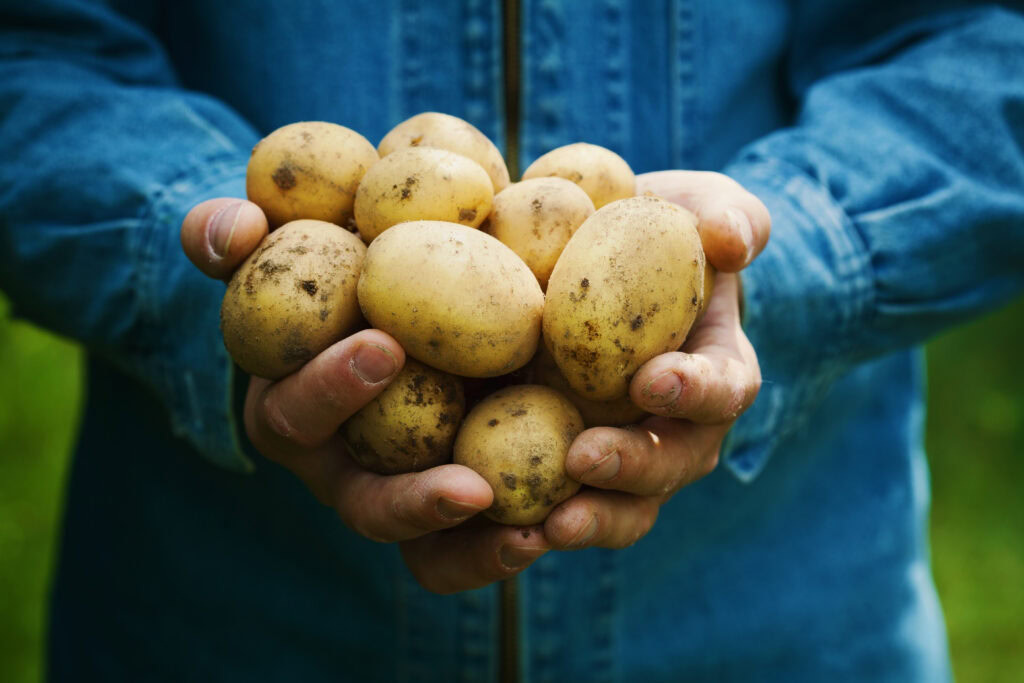Last month, WyeCycle scooped the top prize in the sustainable waste management section of the annual Biffaward Awards. Ray Georgeson, policy director of the Waste and Resources Action Programme who judged the category, praised WyeCycle for reducing the landfill volumes in 1,000 homes in two Kent villages to 250kg per household. National rates are often one tonne per household per year.
WyeCycle has now issued what it sees as the best advice to ensure success with organic waste as it is clear that local authorities will have to look to organic material to hit their recycling targets. The “Seven Golden Rules” are based on WyeCycle's work in the villages of Wye and Brook, where domestic waste levels have been cut to 250kg/household/year without an increase in the council tax.
Richard Boden, of WyeCycle, said: “The rules are based on our 11 years experience in Wye where we have been collecting kitchen and garden waste separately since 1990.” Mr Boden urged councils not to implement schemes to 25,000 households and get it wrong. “Apart from anything it is very expensive, we have worked with 1,000 households and have made mistakes, learn from us,” he said.
The rules are as follows:
- Treat kitchen and garden organic material as two separate waste streams, from collection to processing to use of the end product.
- Collect all kitchen organic material; meat, dairy produce as well as peelings and tea bags.
- Collect kitchen organic material weekly.
- Do not provide wheeled bins for garden organic material; use sacks.
- Do not collect garden organic material free of charge.
- Ban garden organic material from the residual waste stream.
- Do not collect the residual waste stream weekly.
WyeCycle collects kitchen and garden waste separately and includes meat in its organic waste collection. Mr Boden said: “If we were to collect kitchen and garden waste together then we would have to containerise the whole system and our in-vessel would need to be 10 times bigger. We compost the kitchen waste, which includes meat, in-vessel for 12 months and after this time period there is no risk. This way we can compost the garden waste in a simple open windrow. Why spend a fortune doing the whole lot in-vessel?”
Explaining why they include meat in the collection, he said: “It is too complicated to say to the public that you have to separate out organic waste in the kitchen and to meet the landfill directive we will have to compost the whole lot in-vessel.”
WyeCycle also charges to collect garden waste as collecting it for free discourages home composting. Mr Boden said that unlike other waste streams there is a wide variation between council tax bands and the amount of garden waste households produce. He said: “It is not fair that small houses with small gardens should subsidise large houses with large gardens.”
Sacks are also preferred to bins for collecting organic waste as they are chargeable and easier to collect. Mr Boden said: “The wheelie bin is an inflexible system, you can't charge for it, it is expensive and bulky.”
For further information contact WyeCycle on 01233 813298.







Subscribe for free